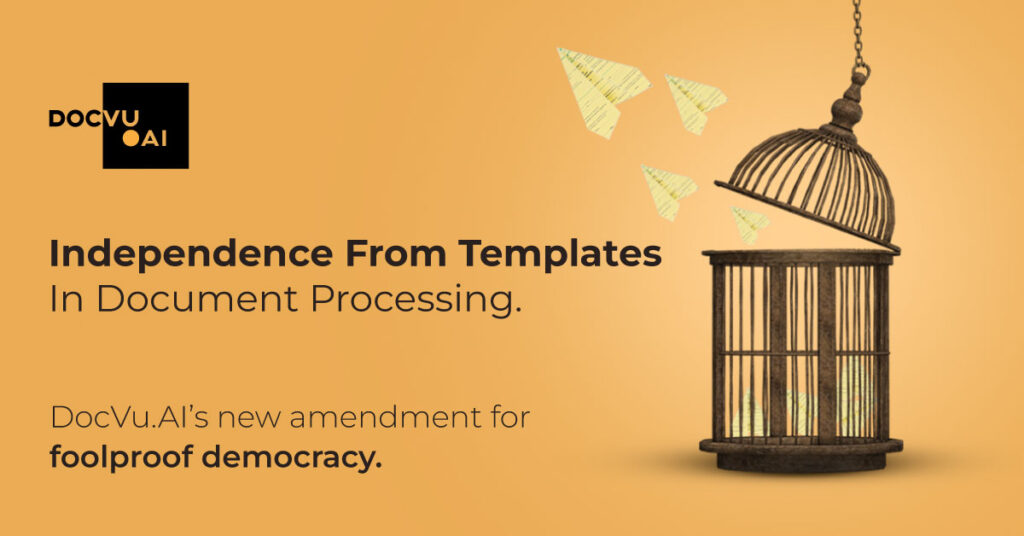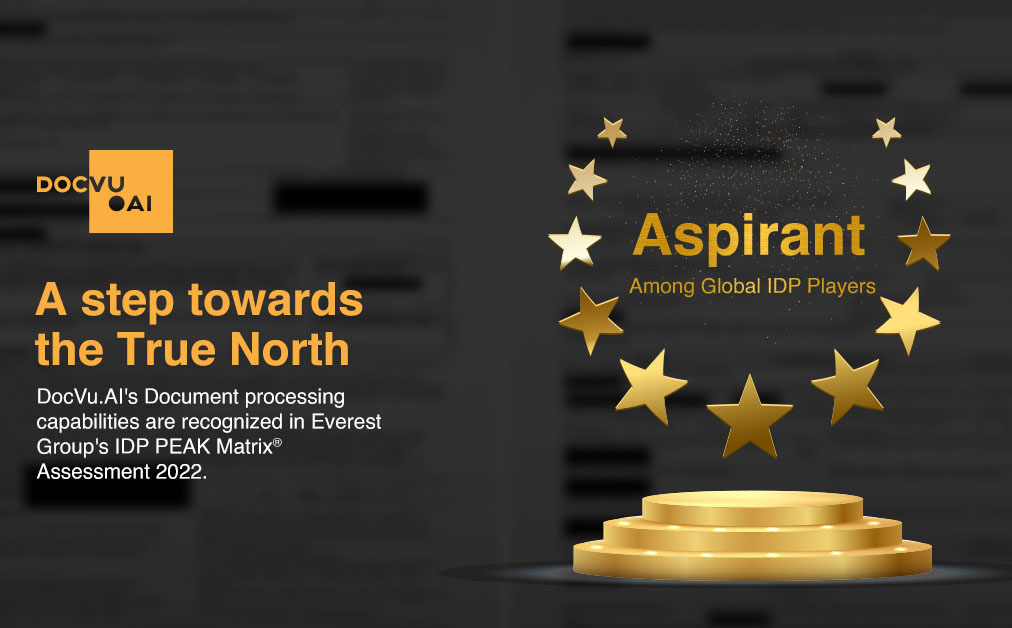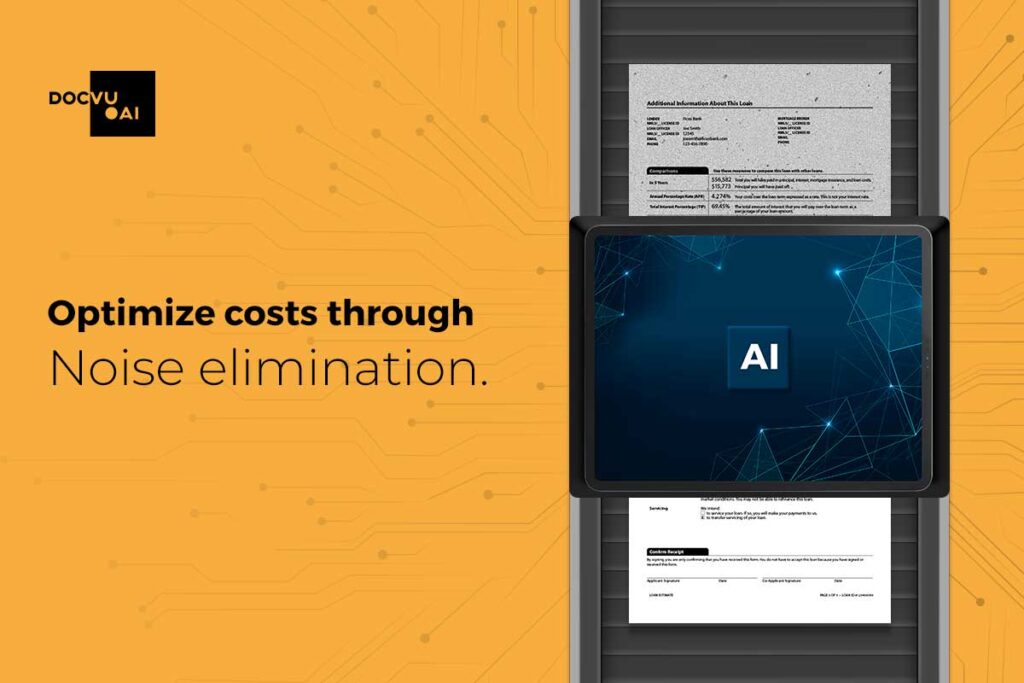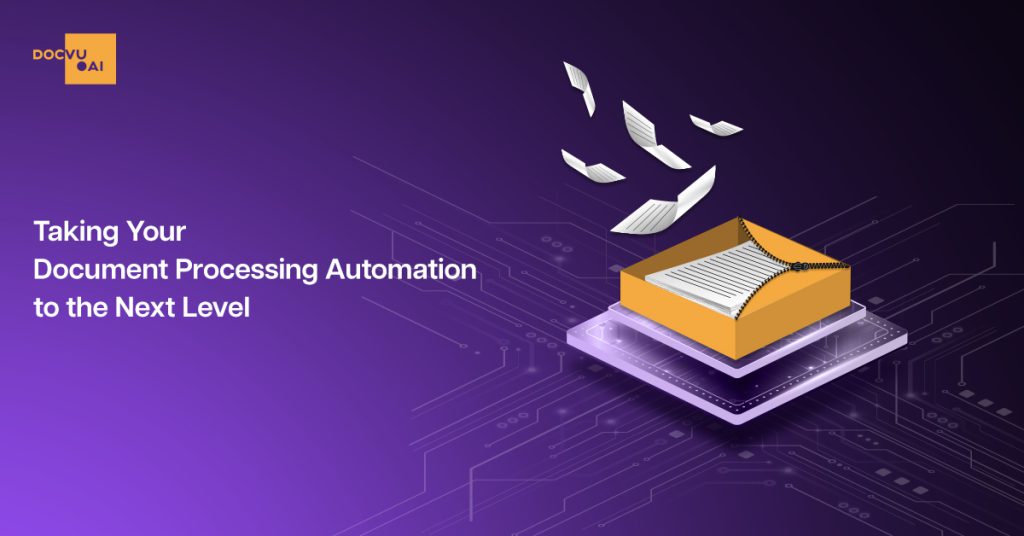Automation: Key to Streamlining Mortgage Document Processing in a competitive market

“Things get done only if the data we gather can inform and inspire those in a position to make [a] difference.” – Mike Schmoker, Education Writer, Speaker. Data is the fuel that powers businesses to make informed decisions, but the critical question remains, “Is the data relevant?” For Data to be relevant, enterprises need solutions […]
How to Streamline mortgage Operations with Template-Free Document Processing

“Liberty, when it begins to take root, is a plant of rapid growth.” – George Washington. The same can be said about data these days. Today businesses have to transform with changes in the market dynamically and thus cannot afford to spend time extracting data and insights from unstructured bulk documents. Freedom from manual and […]
DocVu.AI features in Everest Group Intelligent Document Processing Products PEAK Matrix® 2022

DocVu.AI has achieved a notable accomplishment of featuring in the Everest Group’s IDP PEAK Matrix® Assessment as 1 of 5 Aspirants for 2022. Challenging the industry standards for speed and accuracy in data extraction and indexing by leveraging the power of true AI/ML, DocVu.AI’s vision and capabilities have set it to move further in the […]
Why you should automate fraud detection in insurance claims processing

Insurance we have a problem – Fraud detection 18 percent of all claims in insurance are fraud. 40 percent of insurers polled said their technology budgets for 2019 will be larger, with predictive modeling and link or social network analysis the two most likely types of programs considered for investment. About 90 percent of respondents […]
Improve Efficiency in document processing: Reduce Cost through Noise Elimination

According to a recent McKinsey report, automating document processing with IDP has the potential to save organizations up to 90% in operational costs. IDP solutions provide greater accuracy through advanced machine technologies built over deep human expertise. With consistently better accuracies through an IDP solution, a mortgage lender can utilize the manpower for more important […]
Take a step ahead: Improve Document Processing Automation efficiency with IDP

From banking, insurance, and retail, document processing is a big part of today’s operations. These industries deal with a massive amount of physical documents that often lead to redundant operations and human errors if the processes are manual. Consequently, addressing these issues becomes crucial to improve accuracy and speed, with a lower cost of operations. […]
Can IDPs be a Better Fit than RPAs for Automating Financial Auditing

Audit firms need to convert financial documents of companies into standard formats to do a credit analysis or/and financial audit. Businesses provide a variety of documents in a variety of formats. The first stage is to convert the financial information into a standard format for credit analysis. Documents such as invoices, purchase orders, checks, receipts, […]
How IDPs can Transform your Invoice Processing better than RPAs

Documents such as invoices, purchase orders, checks, receipts, etc. have no standard format. However, businesses need to enter the information from these paper documents into the financial systems and ERPs. A lot of manual effort is spent in classifying the documents and extracting the data for analysis. As time is limited, errors generally creep in, […]
Finding the right fit for your business: RPA or Intelligent Document Processing

The total checks written declined to 16.0 B with a value of $26.20 T, a decrease of 4.2 B and $3.48 T from 2015. [1] Checks still comprise 7% of overall transactions [2]. Checks are still an essential form of transaction with high volumes; moreover, the average value of checks written grew to $1,635 in […]
What is the difference between OCR and intelligent document processing?

What is the difference between OCR and intelligent document processing? The capabilities of Intelligent Document Processors (IDP) today are far ahead of Optical Character Recognition (OCR) and better capable to fulfill the needs and expectations of businesses today. We have compiled the top 5 points of comparison that highlight this gulf and the benefits that […]

